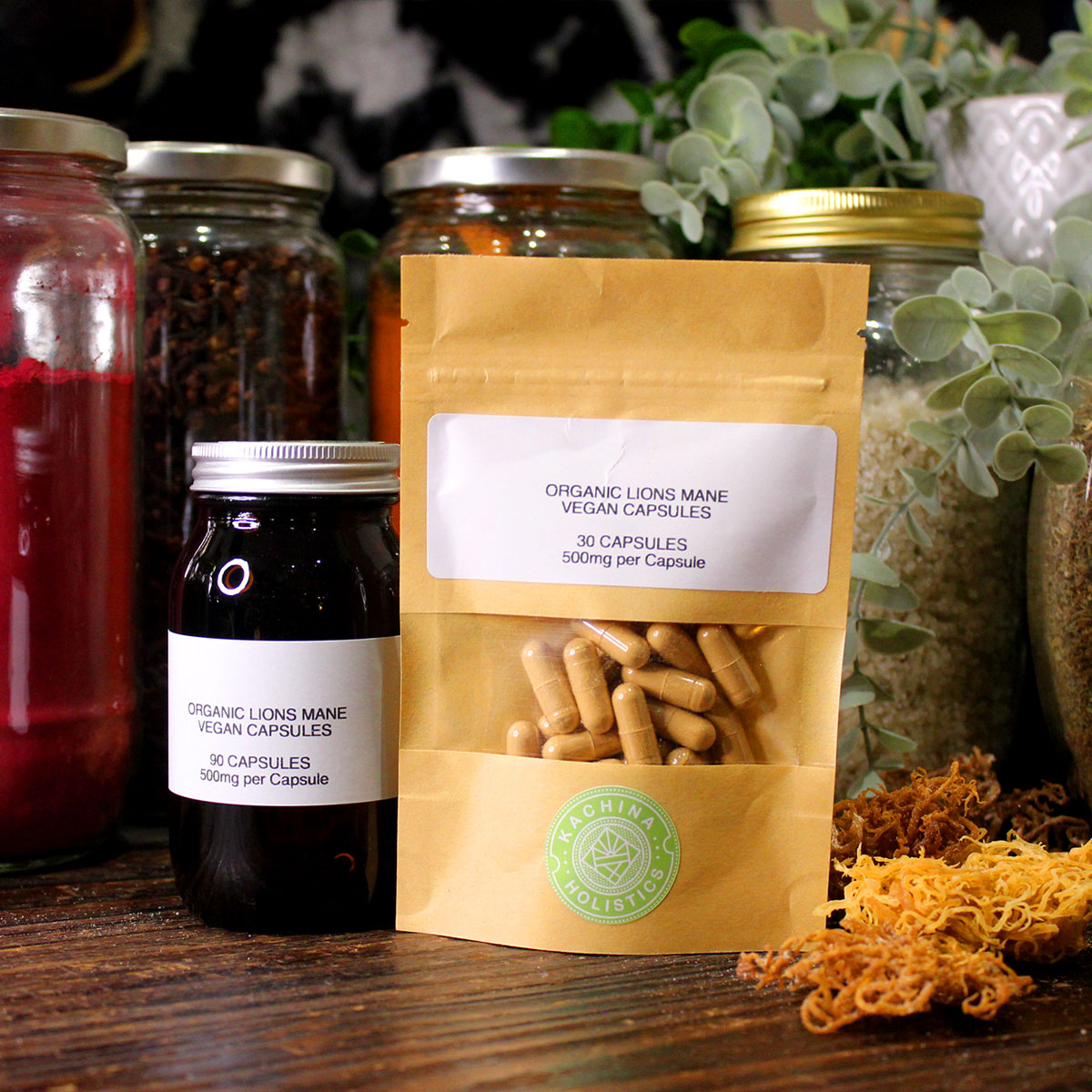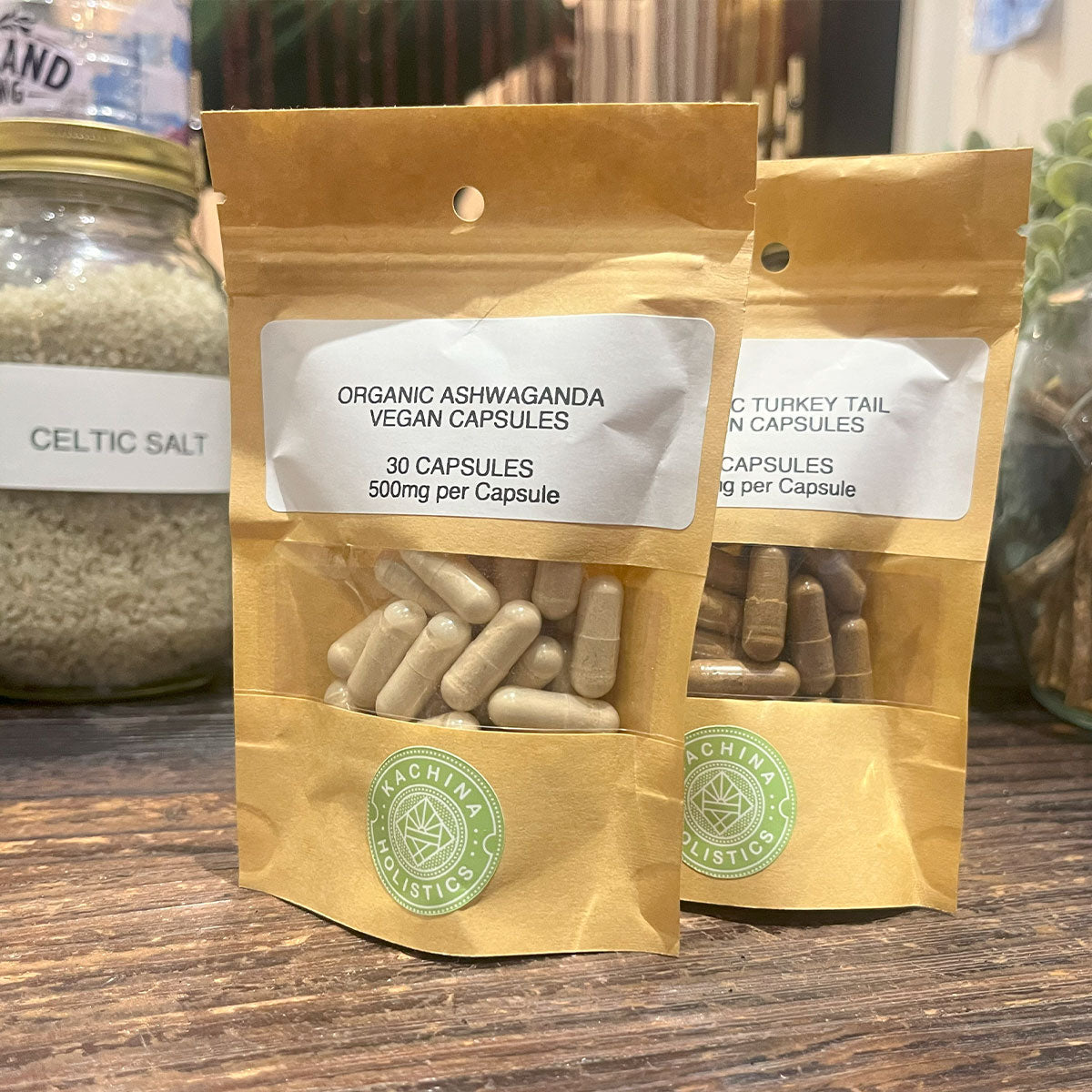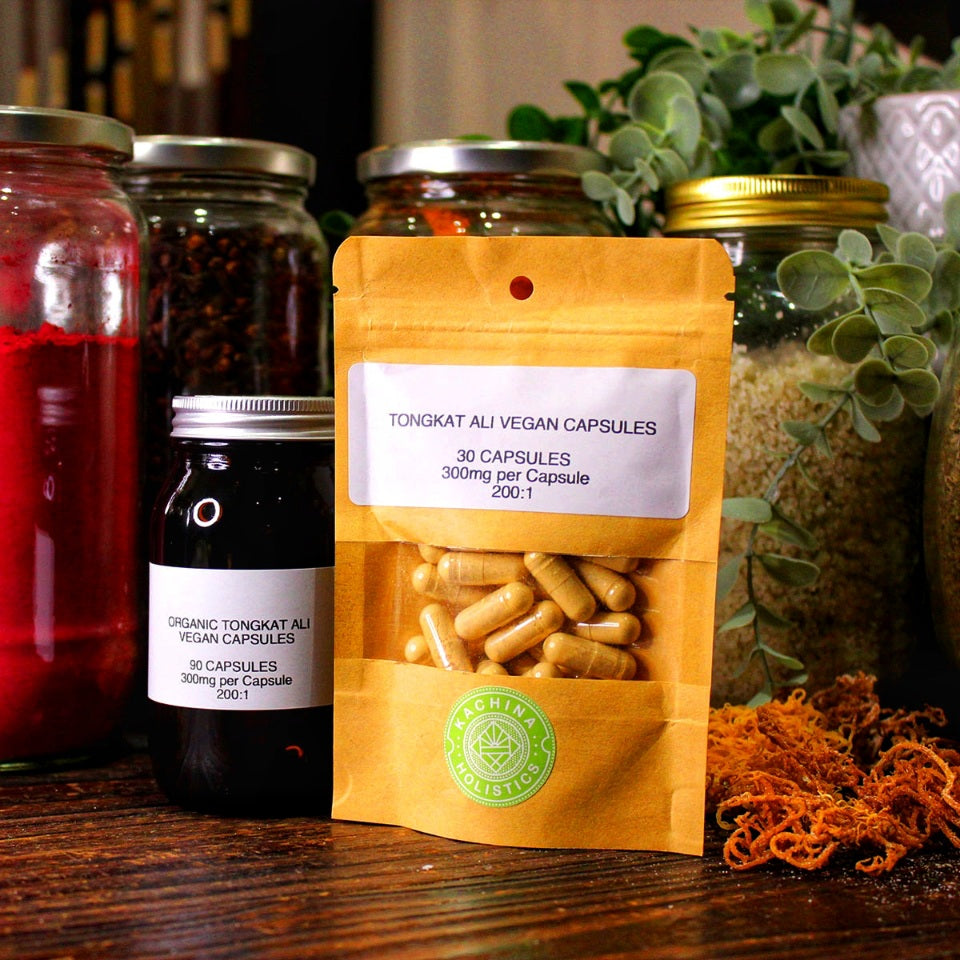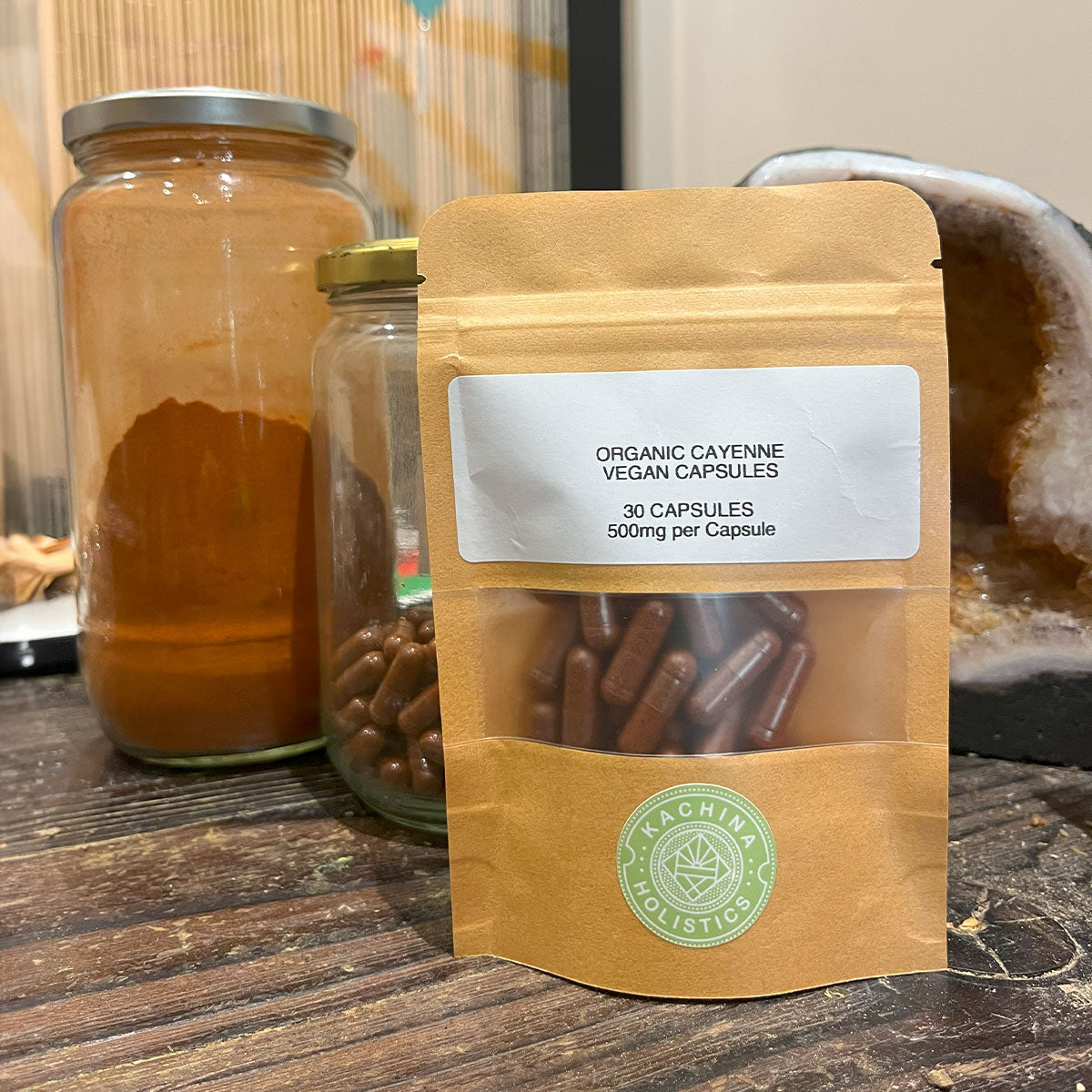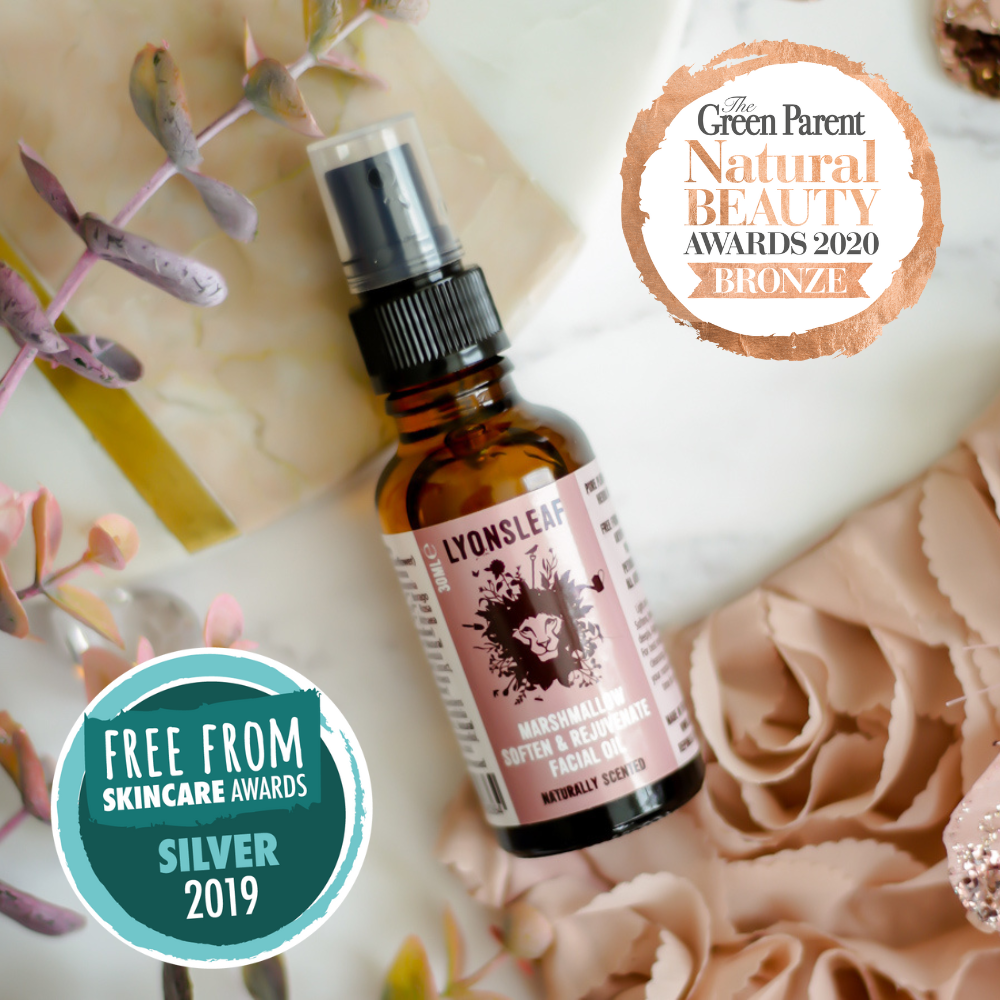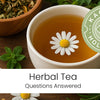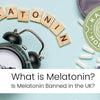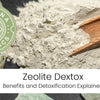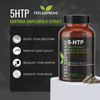The Most Asked Herbal Tea Questions, Answered!

For centuries, herbal tea has been more than just a soothing drink—it has been a symbol of wellness, tradition, and cultural heritage. Unlike traditional teas made from the Camellia sinensis plant, herbal teas (or tisanes) are crafted from flowers, herbs, fruits, and spices, offering a diverse range of flavours and health benefits. From the ancient Egyptians, who revered chamomile as a sacred healing herb, to Traditional Chinese Medicine, where herbal infusions have been used for thousands of years, these brews have played a vital role in medicine, rituals, and daily life.
In India, Ayurveda has long embraced herbal teas like ginger, turmeric, and holy basil, believed to balance the body’s energies. Meanwhile, South America’s Yerba Mate is a social staple, enjoyed in gatherings as a symbol of friendship and hospitality. Whether used for relaxation, digestion, or detoxification, herbal teas continue to be a beloved wellness tradition worldwide.
Does Herbal Tea Have Caffeine?
Most herbal teas are naturally caffeine-free, making them a great choice for those looking to reduce caffeine intake. However, some varieties—like Yerba Mate and Guayusa—contain caffeine, offering a gentle energy boost without the jitters of coffee. If you’re looking for a completely caffeine-free option, teas like chamomile, peppermint, and rooibos are excellent choices.
Is Herbal Tea Good for You?
Herbal teas are packed with antioxidants, vitamins, and plant compounds that support overall health. Ginger and hibiscus are known for their immune-boosting and heart-health benefits, while chamomile is widely used for stress relief and better sleep. Many herbal teas also aid digestion, making them a great post-meal ritual.
Does Herbal Tea Break a Fast?
Most herbal teas do not break a fast, as they contain no calories or sugars. However, fruit-infused teas may have trace amounts of natural sugars, which could slightly impact fasting goals. If fasting for gut health or weight management, stick to pure herbal blends like peppermint, ginger, or dandelion.
Can You Drink Herbal Tea While Fasting?
Yes! Herbal teas can actually enhance fasting benefits by supporting digestion, hydration, and metabolism. Peppermint and dandelion tea help with detoxification, while green tea and hibiscus may aid in fat metabolism.
What Herbal Tea Is Good for Weight Loss?
Certain herbal teas contain compounds that support metabolism and appetite control. Dandelion and ginger help with digestion and bloating, while hibiscus and oolong tea may assist in regulating appetite and fat oxidation. Drinking herbal tea as part of a balanced diet can be a natural way to support weight management.
What Herbal Tea Is Safe to Drink While Pregnant?
Some herbal teas are safe and beneficial during pregnancy, while others should be consumed with caution. Chamomile, ginger, and raspberry leaf are commonly recommended for nausea relief and uterine support. However, teas like liquorice root and peppermint should be limited, as they may affect blood pressure. Always consult a healthcare provider before adding herbal teas to a pregnancy routine.
Will Herbal Tea Stain Teeth?
While herbal teas are less likely to stain teeth than black tea or coffee, some varieties with deep pigments—like hibiscus and turmeric—may cause mild discolouration over time. Lighter teas, such as chamomile and rooibos, are gentler on enamel.
Where can you Organic Buy Herbal Tea?
If you're looking for high-quality, organic herbal teas, check out Kachina Holistics. Their carefully selected range includes natural, caffeine-free blends designed to support digestion, relaxation, and overall well-being. Browse their collection [here] and find the perfect herbal tea to match your wellness goals.
